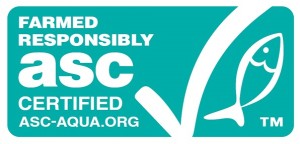
Mastercard has partnered with a tech company, Bionym, and has recently announced the release of a wristband that is to be used as a credit card. The first thing that came to my mind when I read the title of this article was: “what if you lose the wristband?”, then somebody could have access to your money. However, upon further reading I discovered that it is personalized to each person’s heartbeat and therefore can only be used with the person whose heartbeat is synchronized with the wristband. I am not sure whether I like the idea of this or not. I think it is a very unique product that has taken the ideas of other wristband information trackers such as Fitbit and applied it to a completely new setting and it provides a super easy way to pay. However, I don’t know whether I trust that it wouldn’t work with other people because heartbeats are not unique enough compared to something like a fingerprint. In regards to Porter’s Generic Strategies, this product would apply to the idea of differentiation as there is nothing quite like it (in the sense that it works as a credit card) on the market yet and its target scope is industry wide seeing as a large percent of the population of the world use credit cards, specifically Mastercard.






